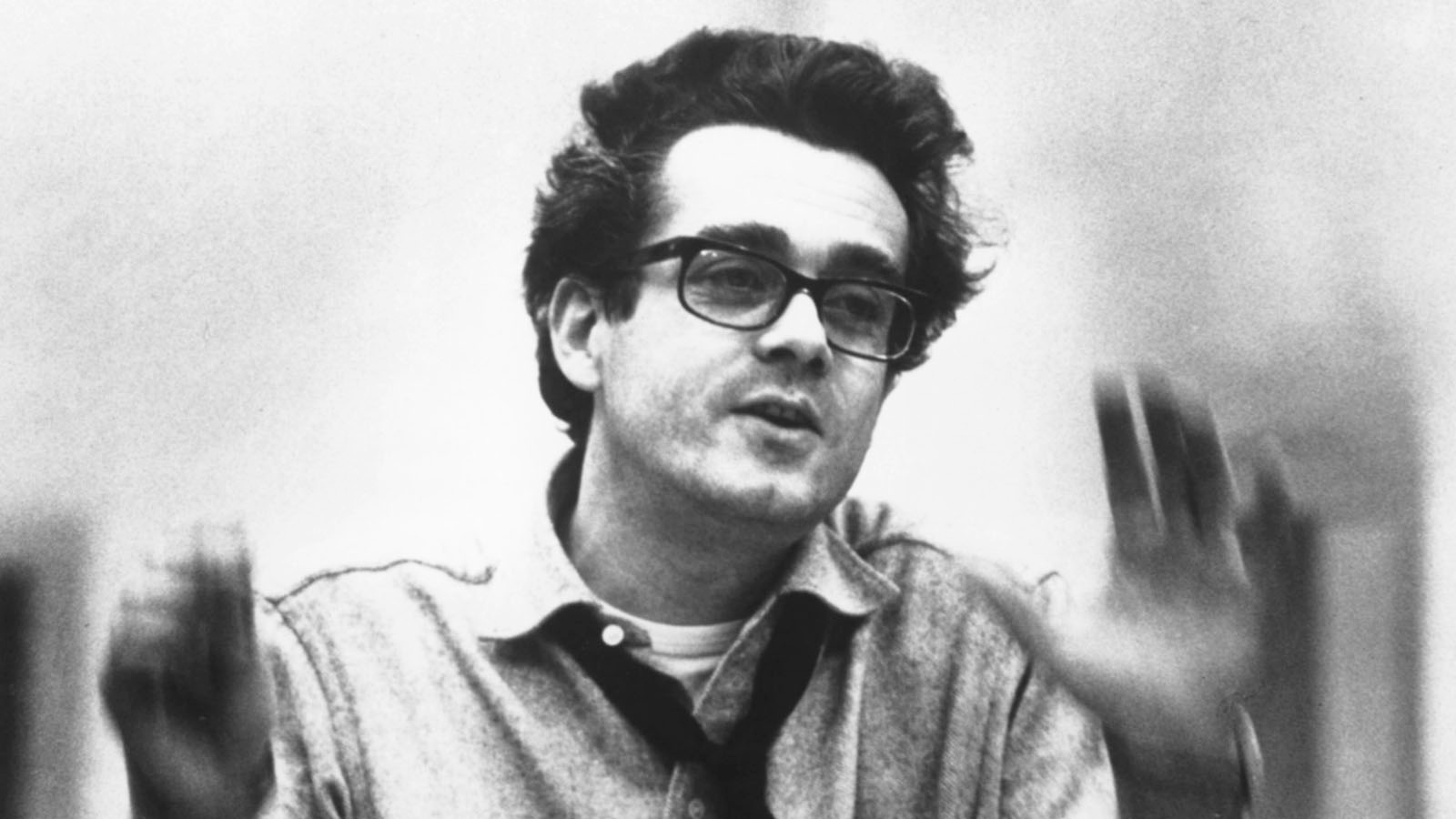Farewell, Michel Legrand

Just last December, Michel Legrand, the composer, songwriter, conductor, and pianist who’d worked with Jacques Demy and Agnès Varda, with Miles Davis and Barbra Streisand, performed a selection from one of his most recent scores at the Philharmonie de Paris. The piece was from The Other Side of the Wind, the film Orson Welles shot over a period of several years in the 1970s, and when it came time to reconstruct and restore one of Welles’s final major projects, producer Frank Marshall reached out to Legrand. “After working with Michel on F for Fake and wanting a jazz-based score, Orson always spoke about him doing the music for Wind,” Marshall told Variety’s Jon Burlingame last March. Legrand, who won three Oscars and five Grammys and scored over two hundred films and television shows, passed away on Saturday at the age of eighty-six.
Film historian Joseph McBride, who appears in The Other Side of the Wind, tells Wellesnet that “Legrand perfectly understood the intricacies of the dual storylines and the other avant-garde elements of Welles’s feature. With his extensive background in jazz, Legrand was especially in tune with the loose, fragmentary, seemingly improvisatory but actually rigorous nature of Welles’s shooting and his and Bob Murawski’s brilliant and unorthodox editing.”
Composing to the rhythm of the editing is, of course, part and parcel of the job, but on occasion, the process is reversed. Last fall, Legrand told Richard Williams in the Guardian that, when editing a seven-and-a-half-minute scene in The Thomas Crown Affair (1968), a flirtatious chess game between Steve McQueen and Faye Dunaway, director Norman Jewison cut it to fit the music, which, as William notes, “begins with a solo harp and ends with a big band playing a jazz waltz.” The opening credits of the film introduced to the world “The Windmills of Your Mind,” a song Legrand wrote with lyricists and frequent collaborators, Alan and Marilyn Bergman. The song, covered by Sting for the 1999 remake, also won Legrand his first Oscar.
Raymond Legrand, Michel’s father, was also a composer and conductor. He’d studied under Gabriel Fauré and would go on to work with the likes of Édith Piaf—but not before leaving his wife, Marcelle, and their son and daughter (Christiane, an accomplished singer) when Michel was only three. Refusing to attend school, Michel stayed at home, a modest apartment in a Parisian suburb, and on an old battered piano, taught himself to read and write music by the time he was six. At ten, he entered the Conservatoire de Paris and studied with the renowned composer Nadia Boulanger. At twenty, he completed his studies and, as he told Williams, “I felt I could do everything. I could write symphonies. I could be a virtuoso classical pianist, but to do that I had to work twelve hours a day. I could be a jazz pianist—I liked that very much, because you’re free and I know how to improvise. I could be a singer. I could be a conductor. So I said my dream in my life is to do it all.”
He just about did. His first big break came in the form of an offer from Columbia Records to record an album of orchestral arrangements of Parisian tunes. The pay would be 200 dollars, no royalties. But Legrand was only twenty-two, so he leapt at the offer, and I Love Paris sold millions of copies. By this point, he’d become Maurice Chevalier’s musical director, and while on tour in the States, Columbia made another offer. He’d have a free rein over an album of new arrangements of jazz standards. As Scott Yanow notes, the “most famous session” recorded for Legrand Jazz “has Miles Davis, John Coltrane, Phil Woods, Herbie Mann, pianist Bill Evans, harp, vibes, baritone, and a rhythm section performing music by Thelonious Monk, John Lewis, Jelly Roll Morton (‘Wild Man Blues’), and Fats Waller’s ‘Jitterbug Waltz.’” Legrand and Davis became fast friends, working together whenever they could right on up to Davis’s death in 1991. Their final collaboration was on the score for Rolf de Heer’s Dingo (1991), in which Davis appears in his only feature film role.



